Shell Nigeria has lifted the latest force majeure off its Bonny Light exports, which was introduced a month ago after a leak was discovered in one of the two pipelines that carry the grade to the company’s Bonny export terminal.
This was the latest in a string of force majeure events over the last year for the crude oil grade, prompted by either bombings of pipeline infrastructure or other issues such as vandalism and oil theft. The grade is widely used by European and American refineries, which makes Bonny Light an important source of revenues for Nigeria.
Normally, Shell exports around 230,000 bpd of Bonny Light crude from the Bonny Island terminal. The repeated force majeures have disrupted the normal rate of operation of the terminal, and for now it remains unclear how much Bonny Light Shell’s Nigerian subsidiary will export in the next two months.
The Bonny Light problems are just part of what Nigeria’s oil industry has endured over the last three years, on top of the low oil prices: vandalism, bombings, and protests by Niger Delta communities have combined to spur a range of reforms from an overhaul of the Nigerian National Petroleum Company to the legalization of illicit refineries that process oil stolen from local pipelines.
Currently, NNPC is looking to expand its customer base by offering more deliveries on a CIF or delivered basis to make supplies more secure, the general manager of the company’s trading arm, Duke Oil, said last month. Duke Oil will handle more than 80 percent of NNPC’s crude oil delivery contracts over the next few years as part of the market expansion efforts.
Nigeria is producing around 1.8 million bpd of crude oil but has the capacity to increase this to 2.2 million bpd. When this will happen remains uncertain as the country said it will join the OPEC production cut as soon as its own production hits and maintains 1.8 million bpd.
By Irina Slav for Oilprice.com


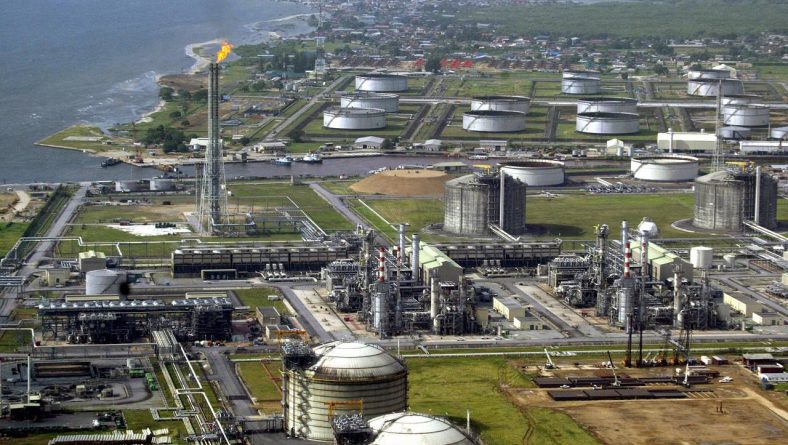

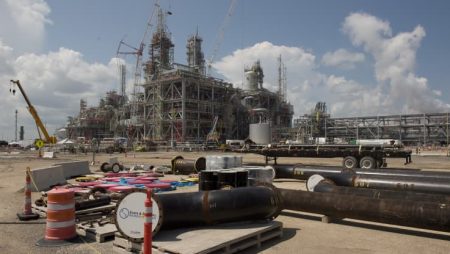
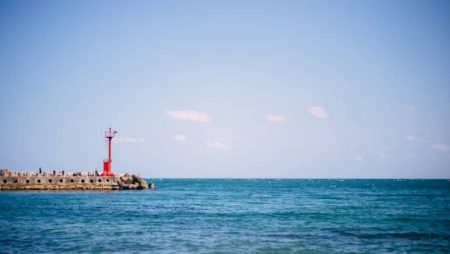
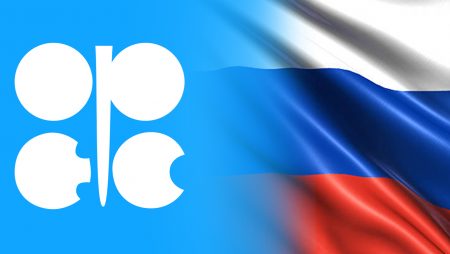
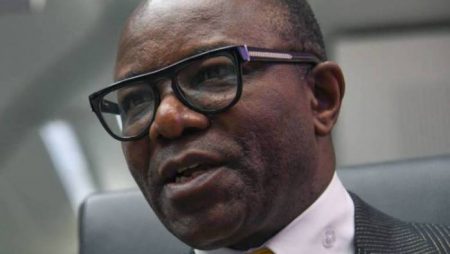
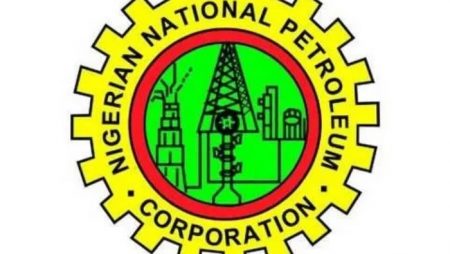

No Comment